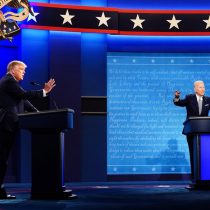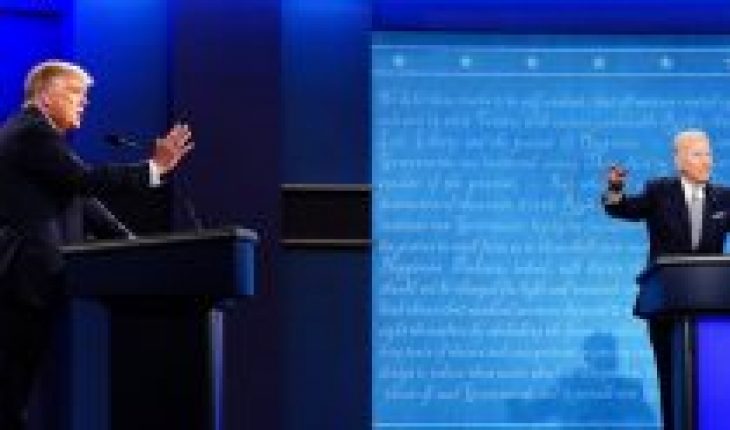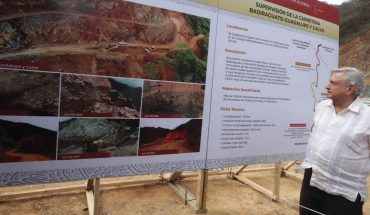
On the night of Tuesday, September 29, we witnessed the first presidential debate prior to the November 3 election. If we had to define the debate in a couple of words, they would be chaotic and aggressive.
President Trump, through his constant interruptions, managed to bring the scheduled debate to his arena, full of direct attacks thus avoiding the discussion of public policies and new ideas. The President’s political platform has focused in recent weeks on discrediting Biden’s political credentials and capabilities. President Trump’s ultimate sense of disruption and disorder sought to decolon and take his opponent out of his comfort zone.
Joe Biden, for his part, managed to stay calm and not fall into the game of direct personal attack, for much of the debate. In fact for the first 30 minutes, which is when the debates are their biggest tune, Biden simply didn’t look at Trump and broke the fourth wall talking directly to viewers. He had a couple of achievements in being able to assess President Trump’s role in managing the pandemic and the number of deaths by COVID19. In the same way he managed to summon viewers by inviting them to vote and remind them that they are the main responsible for the outcome of the election.
Beyond the anecdotal of this debate, which will be remembered in history as the first to break with a pomp and Republican tradition of dialogue and presentations of ideas or political platform, it is also a debate in which the incumbent or president-in-office seeking re-election wants to present the following as an outsider. It never ceases to draw attention to President Trump’s continued use of that letter and wants to position himself as a non-political president/candidate. The phrase he uses saying that he achieved in 47 days what Biden has not done in 47 years, clearly seeking to characterize Biden not only as part of the establishment, but also as a not-so-effective political actor.
One last point that highlights the liquidity and high uncertainty that this campaign has cauterized, and the overall policy of the last decade globally, manifests itself when candidates manage to differentiate themselves by reaching the close of the debate. While the defiant candidate sent a summoning and inclusion message to viewers, President Trump attacked a possible adverse election outcome calling it fraudulent. He mentioned that there were cases of systematic manipulation of voting via traditional mail. No one attacks or calls into question an election result that believes that he will favor him, but on the contrary, a candidate begins to question a possible outcome when he knows or perceives that he will lose.
In short, the first presidential debate failed to present any new ideas or politics for the electorate. No candidate managed to summon any undecided voters, let alone change their minds with a candidate who already has their decision made. The debate aimed, on the part of both candidates, to retain their constituents and ensure that they vote. This will also be the tonic of the debates that are coming, going in search of reinforcing their voters. Surprise is likely to occur in the debate of vice-president candidates, as these are generally responsible for direct attacks on candidates for presidents.
The content poured into this opinion column is the sole responsibility of its author, and does not necessarily reflect the editorial line or position of El Mostrador.





